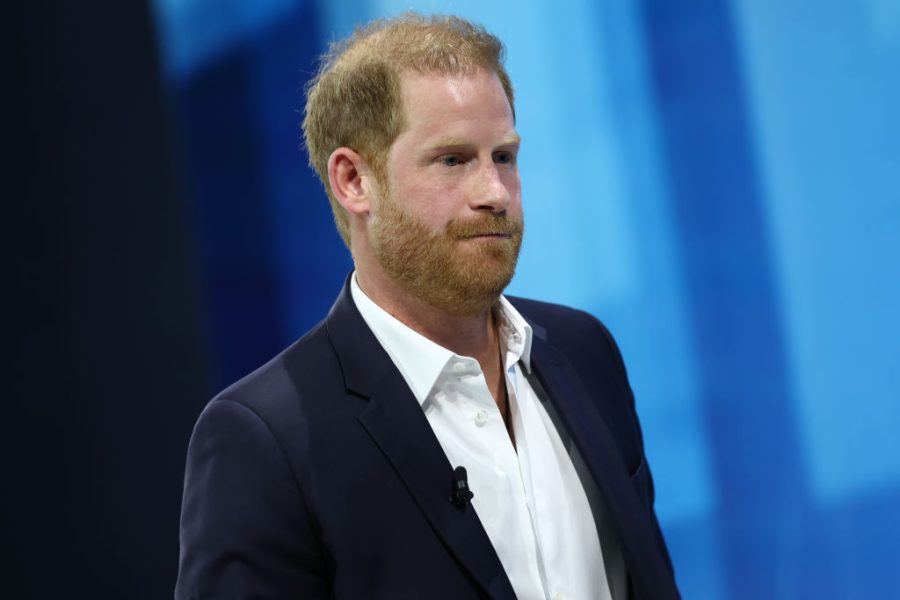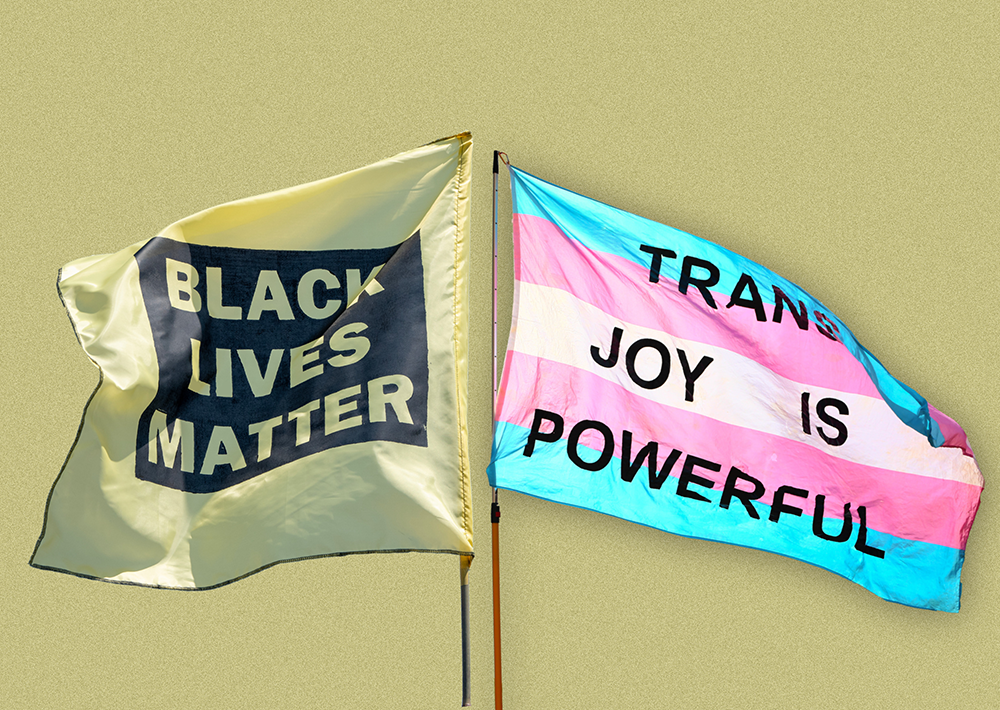As flies are to wanton boys, so Prince Harry is to the British legal system. Amidst perhaps the most serious reputational controversy that the Duke of Sussex has yet faced – the Sentebale drama – Harry will be returning to the Court of Appeal in London next week. There he will attempt to overturn the High Court’s decision that he should not be allowed taxpayer-funded police protection on his and his family’s visits to Britain.
If he is defeated, it seems likely that his time spent in Britain will become fleeting at best
This case has placed the man who was once third in line to the throne in the unusual position of suing the government – legal fees for which have already cost him £1 million, and will only mount up. With this appeal, he ignored a previous judgment which criticised his ‘inappropriate, formalist interpretation’ of what he is and isn’t entitled to.
Many normal people would simply give up, but Prince Harry, as the world has seen over the past half-decade in excruciating detail, prides himself on being anything but a normal person. Therefore, on 8 and 9 April, a trio of judges, including none other than the Master of the Rolls, Sir Geoffrey Vos, will hear his appeal. It has already excited comment (and, in some quarters, suspicion) that some parts of the case will be heard in private, although this is relatively normal in such cases.
In a judgment released on Wednesday, it was announced that the ‘highly confidential’ parts of the hearing held in camera would ‘[relate] to security arrangements and threat levels and assessments for [Harry] and other public figures’. The reason for the information staying secret is, as usual, to do with security: they observed that ‘it is obvious that such material would be of interest to anyone wishing to harm a person’.
Harry’s indefatigable and hard-working (and, no doubt, handsomely remunerated) KC Shaheed Fatima has been attempting to lay the groundwork for her client. She announced that the situation ‘arises from his birth and ongoing status as the son of [the King]’ and that the case was about the ‘unlawful’ treatment of the Duke.
‘This case is about the right to safety and security,’ she declared. ‘There could not be a right of greater importance to any of us.’ Admittedly, attempting to hold up the multi-millionaire member of the royal family, and brother to the future king, as a plucky everyman fighting for all our civil rights is something of a stretch. The vast majority of us will never attempt to sue the government, let alone argue that we should be allowed to hire British police officers for our own private security. But precedent, or good sense, have never stopped Prince Harry in the past, and so it has proved all over again.
It is impossible to say whether the Duke will win his case next week, or whether it will result in yet another public humiliation for him. If he is defeated, it seems likely that his time spent in Britain – already limited, and apparently without his wife, who is said to refuse to come here without the desired police protection – will become fleeting at best. Undoubtedly, this will disappoint those remaining admirers of his.
To be fair, Harry’s case is making serious and valid points about the limits of privately-funded security for public figures. It still remains a mystery, for example, where Prince Andrew’s security cash is coming from, given that he probably needs it more than anyone else in the Firm. But it is hard not to feel that it has the wrong person fighting it.
If Harry triumphs next week, it will be a welcome relief for him, and his sense of vindication will know no bounds. If, however, Sir Geoffrey and his fellow judges choose to uphold the consistent findings of the other courts, and forbid him from hiring the police as his personal bodyguard, it will be a further blow, and reinforce the growing sense that 2025 has not worked out for him as he has wished it to.







Comments